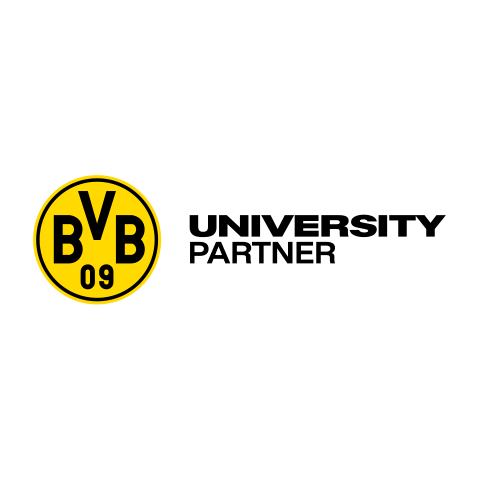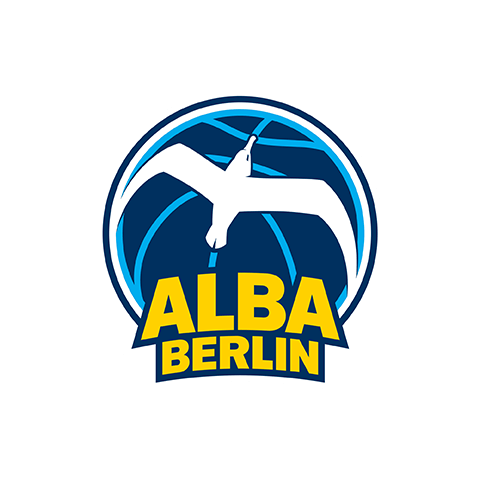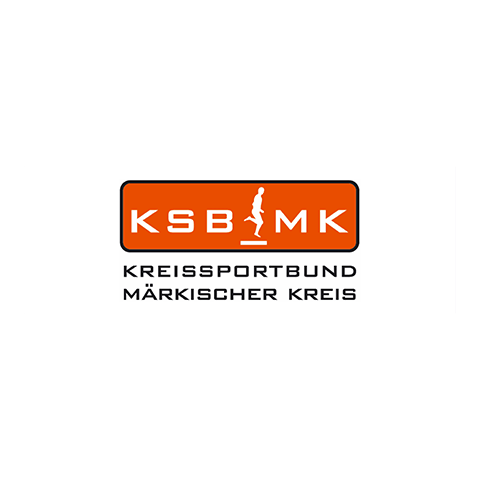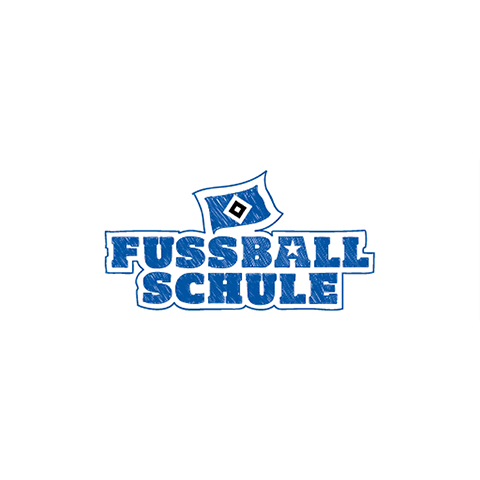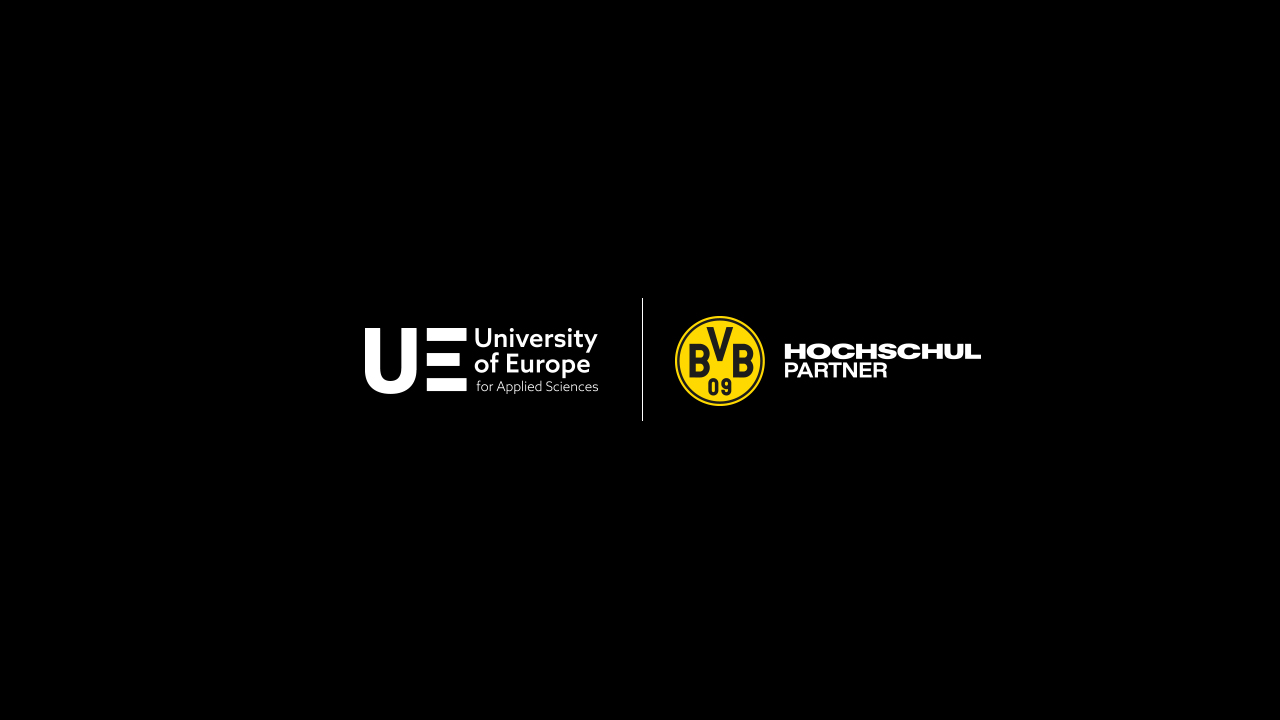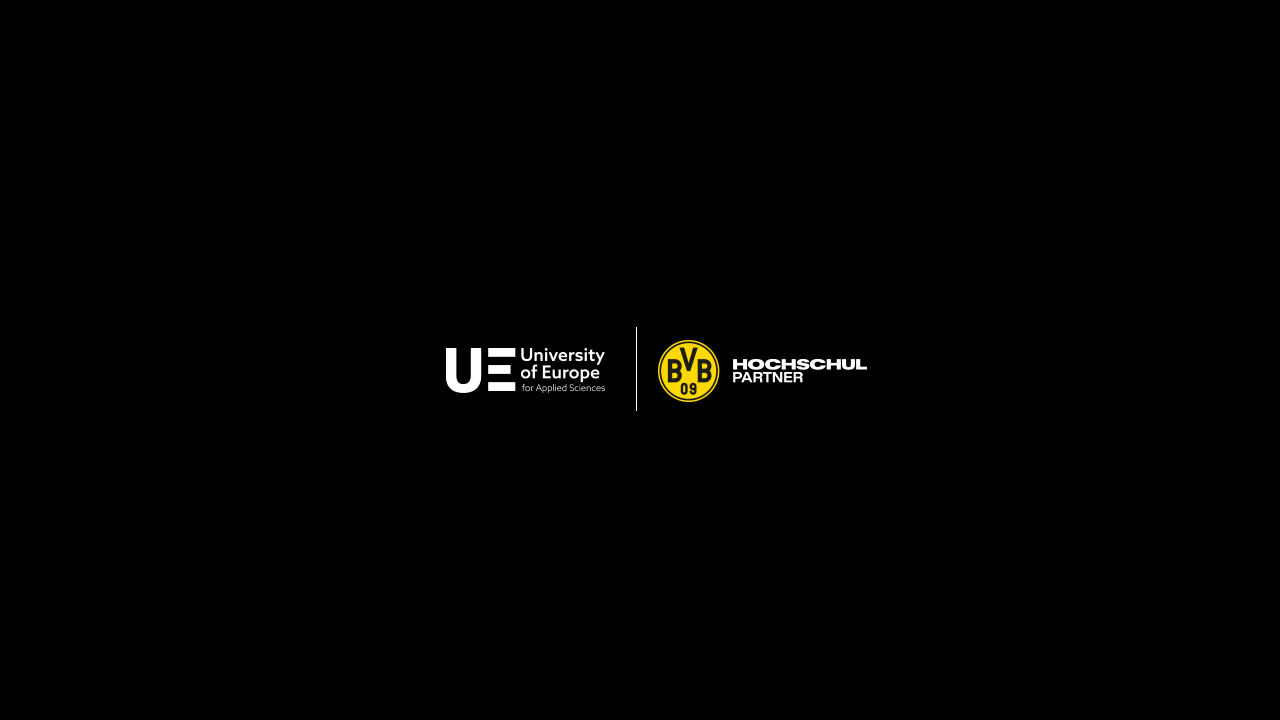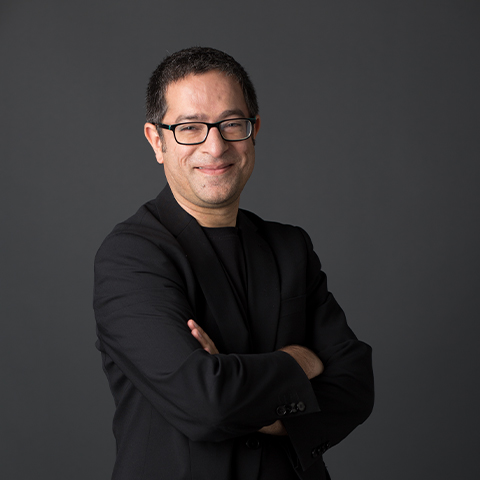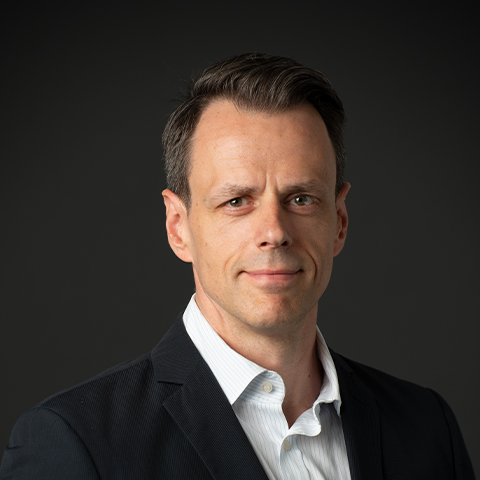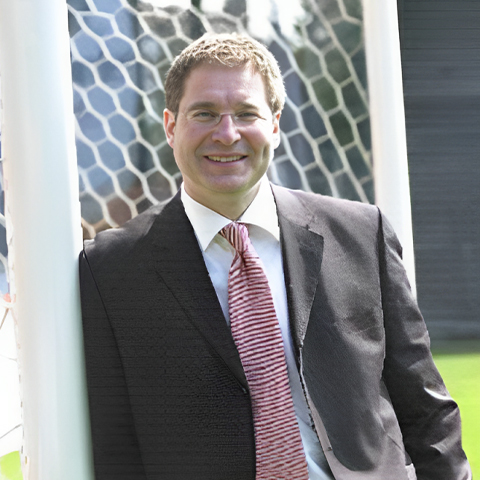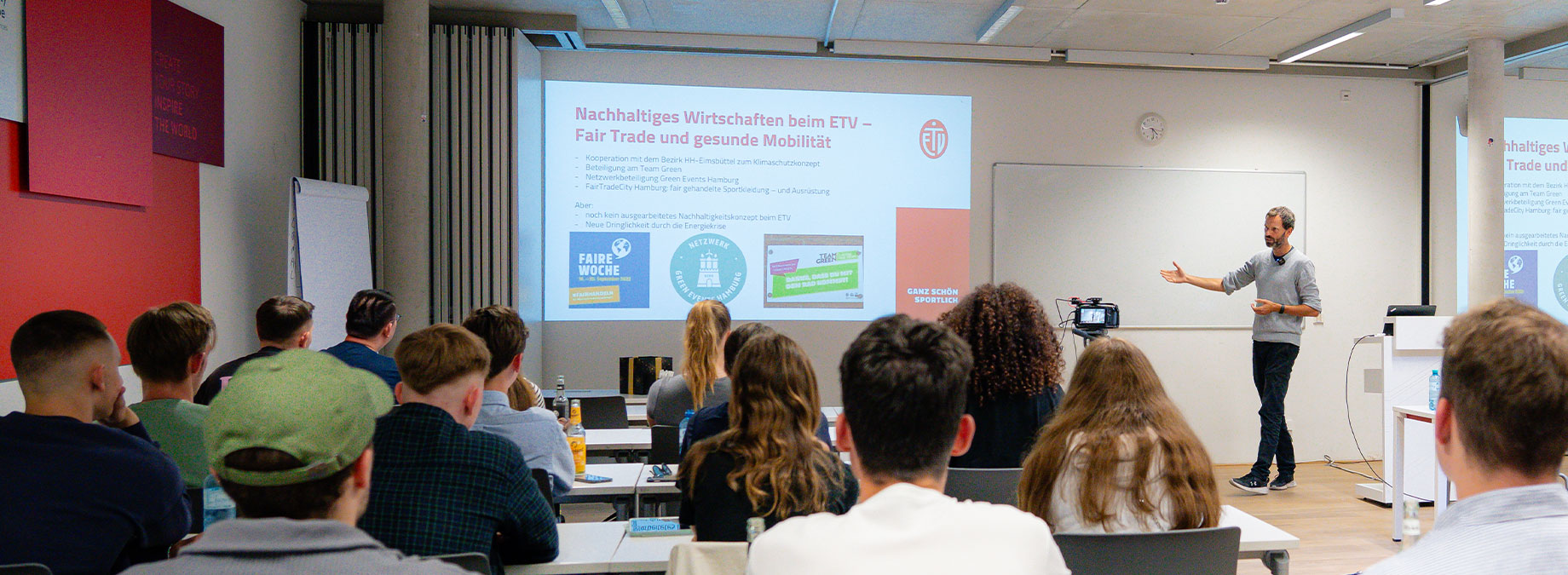
Football Management (Specialisation)
Learn everything you need to know about our Football Management Specialisation.

Football Management (Specialisation)
In Germany, football is and will always be a driving force for job creation. In the 2018/19 season, more than 56,000 people were directly employed by or contracted to licensed clubs (source: Bundesliga Report 2020), and the number is growing. A recent study by the management consultancy McKinsey estimated the value of professional football at 7.9 billion euros–roughly the same as the chemical industry.
This has resulted in a need for further professionalisation of the stakeholders and workforce involved. This not only applies to the 1st and 2nd divisions of the Bundesliga, but also to lower leagues, associations, marketing agencies, sponsors, and service providers. The demand for professionals with specialised training for the football industry is increasing.
Key facts about Football Management
Start | Language of Instruction
- Winter semester: September
- Summer semester: March
- English (Berlin)
- German (Hamburg/Iserlohn)
Credits | Duration | Fees
- 20 ECTS
- EU Applicants: € 80 per month
- Non-EU Applicants: € 480 per semester
Curriculum
Study programmes that offer a specialisation in Football Management:
Further Information
Learn from our Experts
Here you will find further valuable information about our professors and their career.
